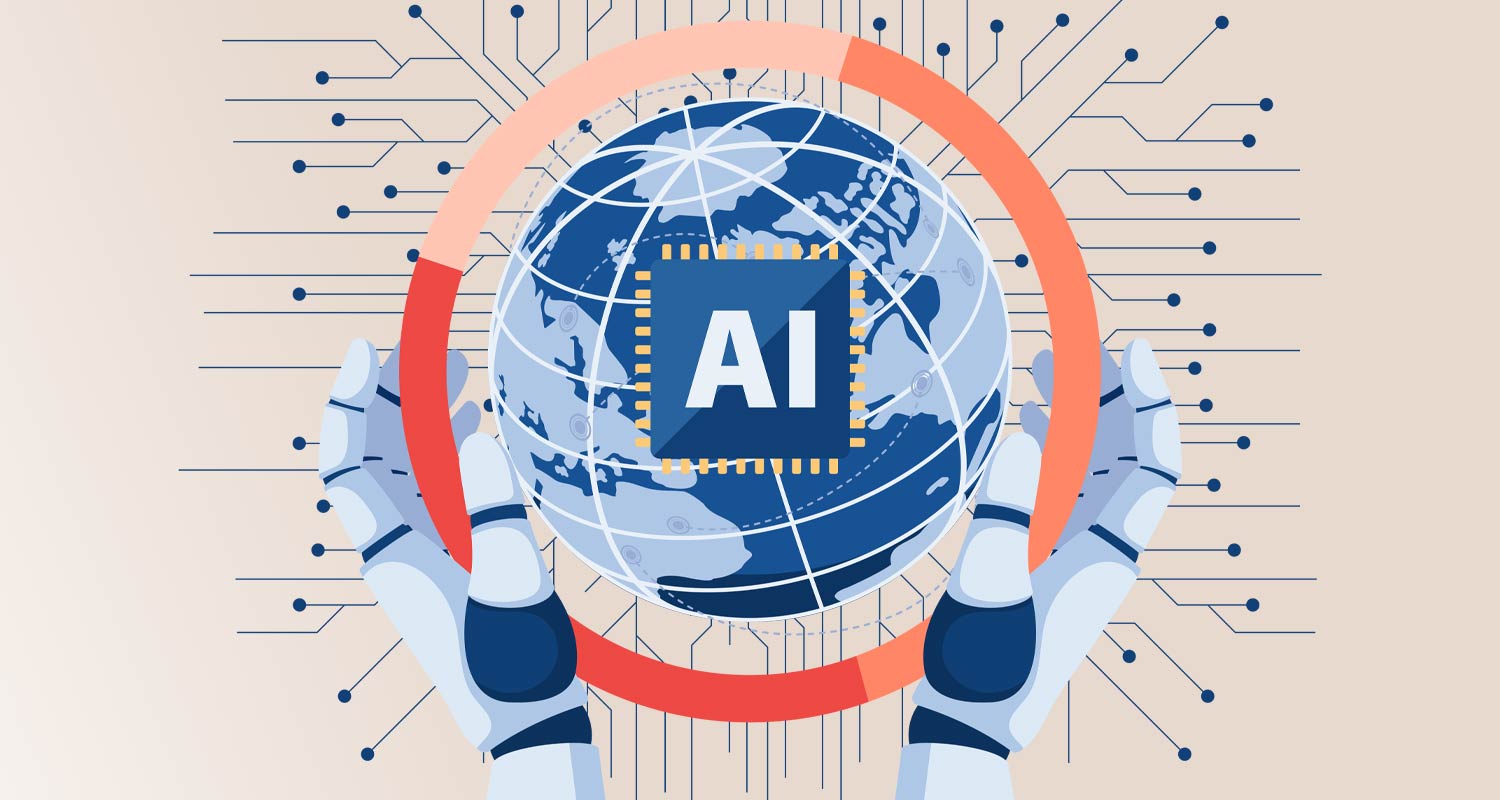 Regular use of generative artificial intelligence tools such as OpenAI’s ChatGPT and Microsoft’s Copilot is higher in the so-called “Global South” – comprised of poorer, developing nations – than in more developed countries.
Regular use of generative artificial intelligence tools such as OpenAI’s ChatGPT and Microsoft’s Copilot is higher in the so-called “Global South” – comprised of poorer, developing nations – than in more developed countries.
This is according to the AI at Work: Friend and Foe survey by Boston Consulting Group (BCG).
“There is massive confidence – above average – in India, Brazil, Nigeria and South Africa. This is something that has been confirmed by our own experience when we deploy these [gen AI] tools in different companies,” said Sylvian Duranton, global leader of BCG X, the technology and design division of BCG, in a webinar on Wednesday.
“There is much less resistance and much more appetite to discover, use, learn and be trained [on gen AI] in the Global South than what we see in the Global North.”
According to the survey, 86% of business leaders from developing countries regularly use generative AI at work, versus 80% of business leaders in developed markets. The disparities among managers are even greater, with 71% of managers from developing nations reporting that they use generative AI regularly, and only 50% of their compatriots from developed markets reporting the same.
In both cases, frontline employees used generative AI tools far less than their managers or executives, but the gap between developed and developing markets remained consistent, with 57% and 37% of respondents reporting regular usage, respectively.
‘Optimism of youth’
“One reason for the gap is the optimism of youth. The median age of the Global South is 25, while in the Global North it’s 39. Another reason is that many of the companies in the Global South are younger, so there is less inertia from long histories of ways of doing things and the ability to adapt to new things more quickly,” said Jeff Walters, greater China leader of BCG X, in the webinar.
The report found that 90% of South African respondents using gen AI for work say that the technology has saved them time. Some 87% of respondents say they experienced an improvement in the quality of their work because they get more time to focus on strategic things (86%), reducing time spent on administrative tasks (84%).
Read: How AI is helping nab shoplifters in South Africa
Yet only 28% (43% globally) of frontline workers in South Africa report using generative AI regularly for work.
Although 79% of local respondents agreed that gen AI will transform jobs in the next decade, only 35% (42% globally) believe that their job might not exist in the next 10 years.
 “It is fascinating to see how confidence in the technologies is increasing, right alongside the increasing fears and anxiety. Gen AI is having a transformative impact across a myriad industries the world over. South Africa is not immune to these changes,” said Jacqueline Foster-Mutungu, MD and partner at BCG Johannesburg.
“It is fascinating to see how confidence in the technologies is increasing, right alongside the increasing fears and anxiety. Gen AI is having a transformative impact across a myriad industries the world over. South Africa is not immune to these changes,” said Jacqueline Foster-Mutungu, MD and partner at BCG Johannesburg.
“It is important to recognise these changes and their impact on work (and employees) in the country so that industry leaders can chart a sustainable way forward,” she said. – © 2024 NewsCentral Media




